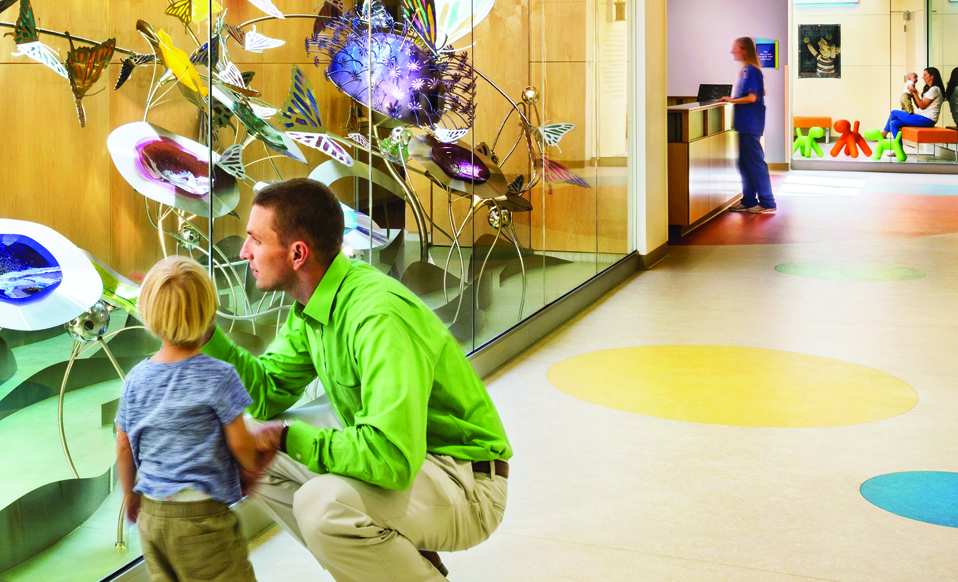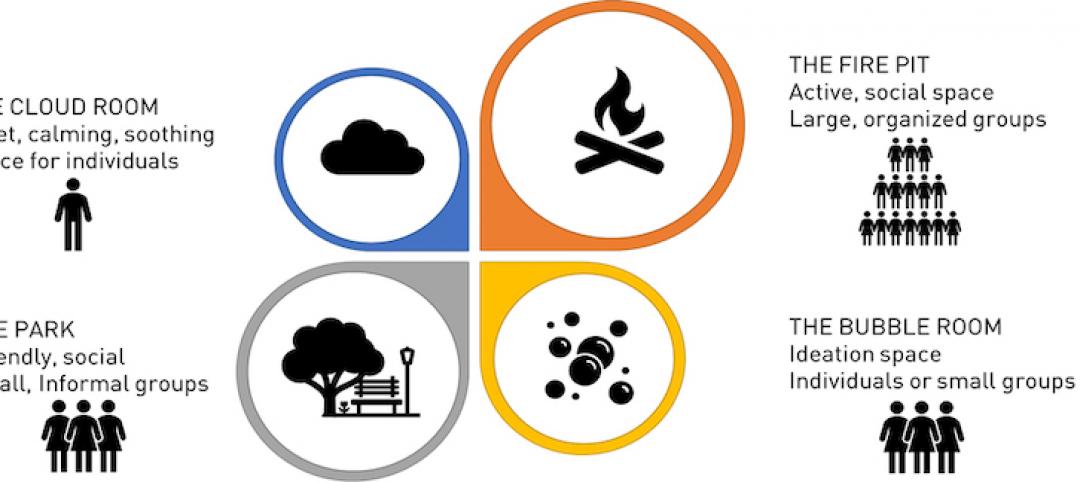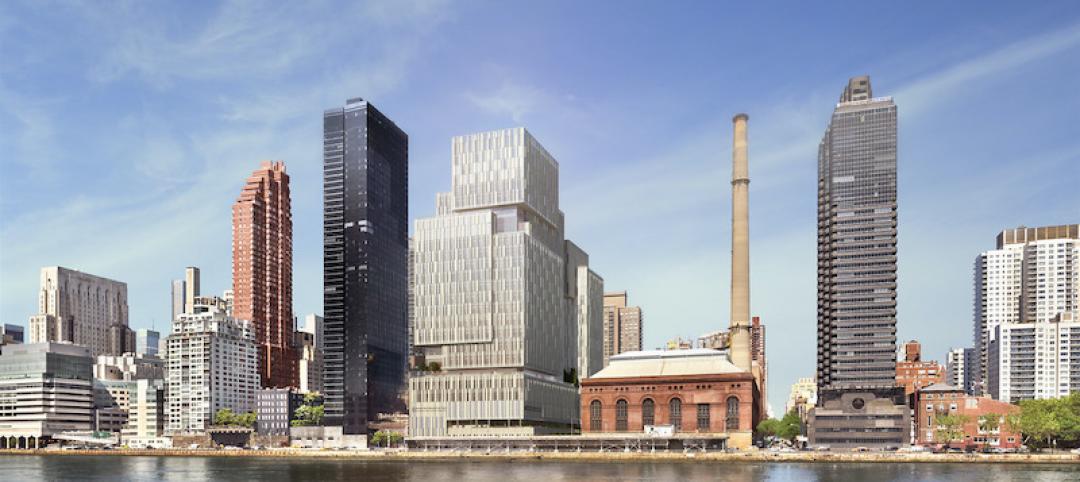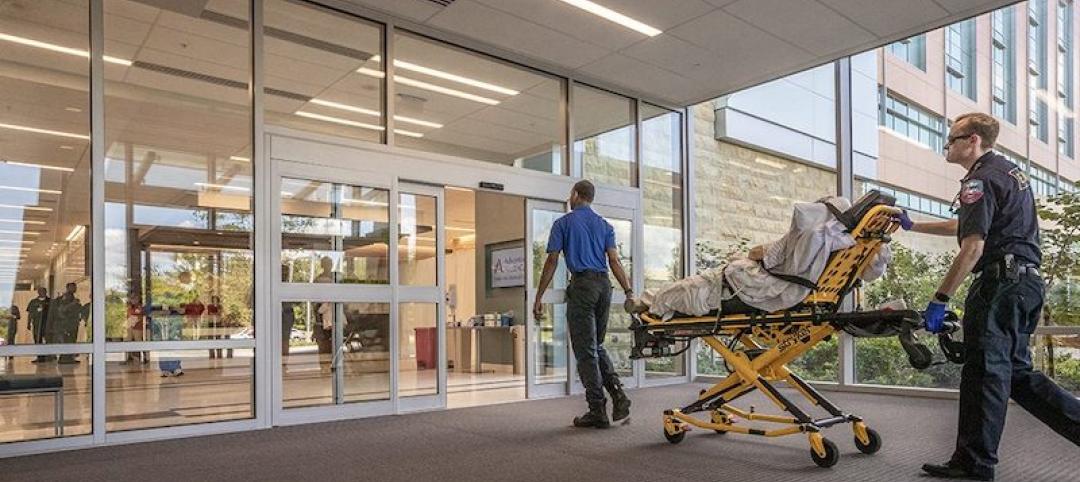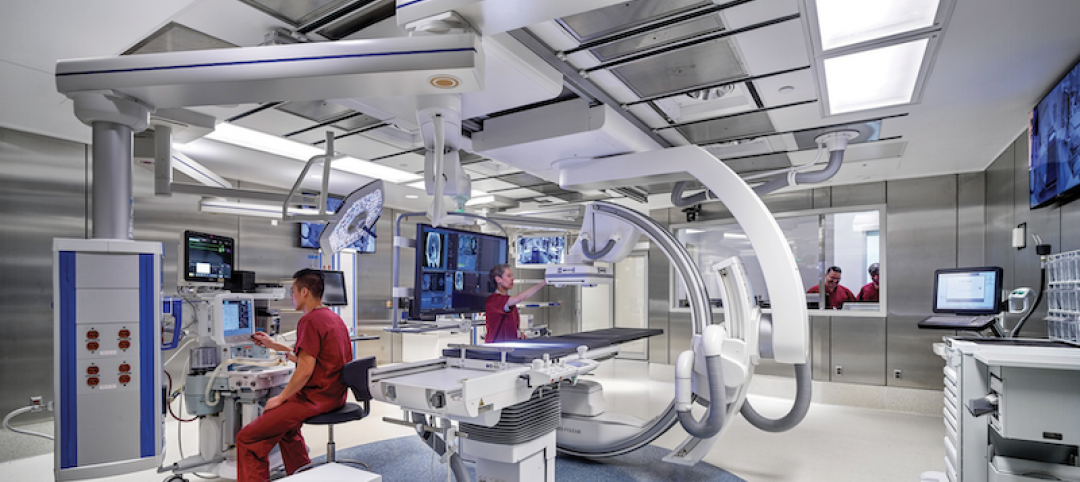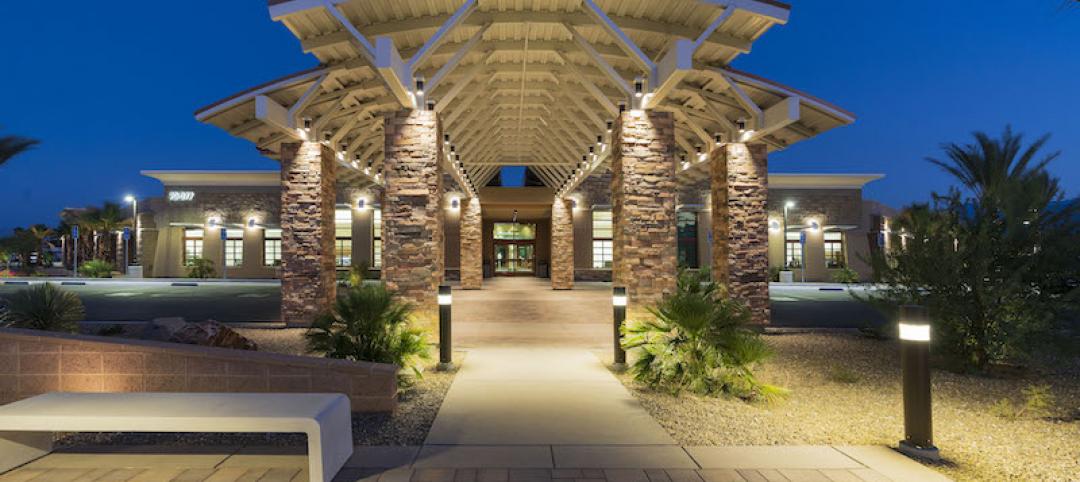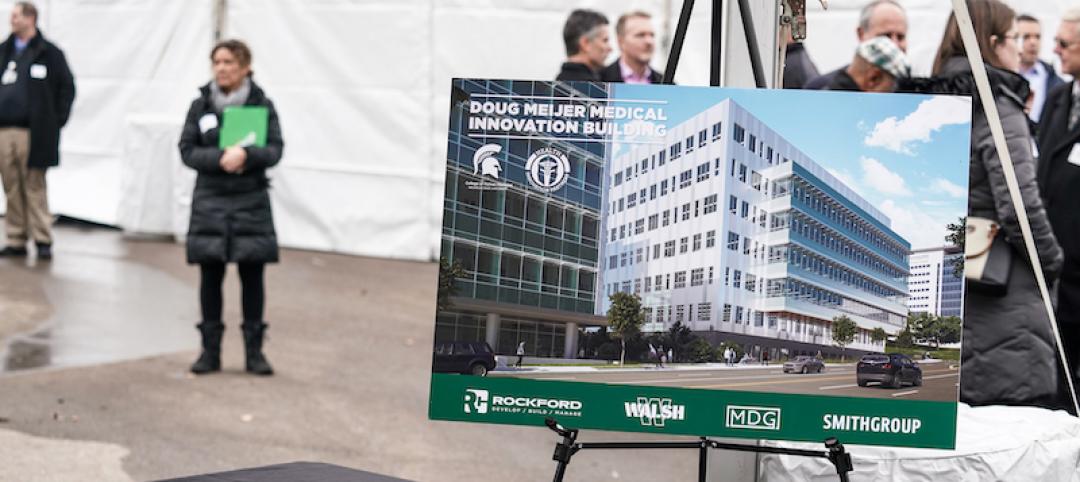It is vital for healthcare architects to design for flexibility in ways that are cost effective over the life of the building, and to redefine the imagery of pediatric hospitals in ways that are both timeless and ageless, state the authors of a new report by Shepley Bulfinch.
In Designing for Children, Shepley Bulfinch pediatric design experts single out design elements that help hospitals achieve those goals. Their advice:
1. Hospitals need to welcome children and their families with imagery, recognizable elements, and nonthreatening spaces that reduce anxieties. The imagery should appeal to children of all age groups, including teenagers.
2. Detailing of casework, floor patterns, colors, and the integration of art determine the character of the hospital. These should work together to capture the imaginations of younger and adolescent patients.
3. The design of human- and child-scaled environments creates a sense of comfort and security, and supports treatment and healing.
4. Design and functionality should be age-adaptive. For example, adolescent patients have a greater need for privacy, especially during illnesses.
5. Designs should allow patients to create personal spaces, explore, and play. This can include letting the patient control the room’s lighting, sound, and privacy, as well as allowing for self-care like access to bathrooms, water, and snacks.
6. Hospitals encourage family involvement when they provide places where visiting family members can sleep, eat, work, participate in care giving, and occasionally escape.
7. Sick kids need escape, too, from the intensity of their illnesses or treatments. Activity spaces, cafés, and gardens are among the places that afford necessary distractions for patients, family, and visitors.
Related Stories
Healthcare Facilities | Feb 27, 2020
Milieu: Creating restorative environments in behavioral health
It’s time to take a closer look at the collection of therapeutic settings known as milieu.
Healthcare Facilities | Feb 11, 2020
New York City’s largest freestanding cancer center opens
The building creates a model for 21st century cancer care.
Healthcare Facilities | Feb 3, 2020
China builds 645,000-sf coronavirus hospital in 10 days
The project began construction on Jan. 23.
Healthcare Facilities | Jan 30, 2020
The complex dance of healthcare transitioning
Hospital employees, though excited about technological advancements, are expected to navigate a new workplace and care for their patients at the same time, all while training on new equipment and navigating a new building.
Healthcare Facilities | Jan 15, 2020
Top 4 healthcare design trends that will shape medical planning in the 2020s
For patients and healthcare staff, these developments will be most evident in new tools, such as robotic surgical tables and intra-hospital delivery drones, that improve healthcare services and outcomes.
Architects | Jan 6, 2020
Merger expands HED’s presence in SoCal
Puchlik Design Associates, its new addition, specializes in healthcare design.
Healthcare Facilities | Nov 26, 2019
Grand Rapids, Mich., is striving to emerge as a health research and innovation space
Michigan State University is part of a development team for a new life sciences building.
Healthcare Facilities | Nov 6, 2019
A new hospital tower will serve women and children exclusively in the expanding San Antonio market
This $500 million project represents the next phase in the hospital system’s capital improvement program.
Healthcare Facilities | Nov 5, 2019
UNC Health Care’s Surgical Tower set to begin construction
Skanska USA will build the project in three phases.
Healthcare Facilities | Oct 4, 2019
Heart failure clinics are keeping more patients out of emergency rooms
An example of this building trend recently opened at Beaumont Hospital near Ann Arbor, Mich.


